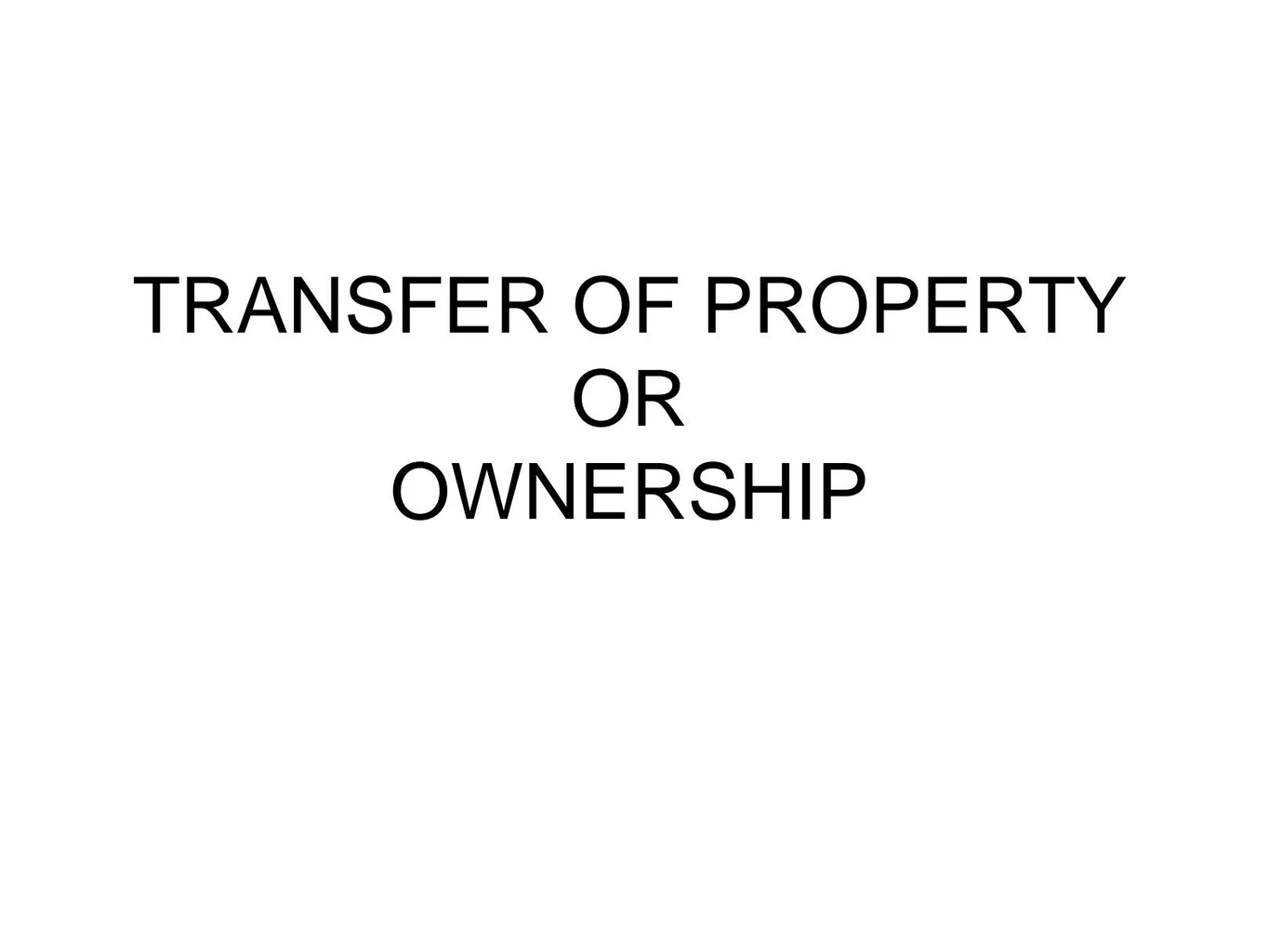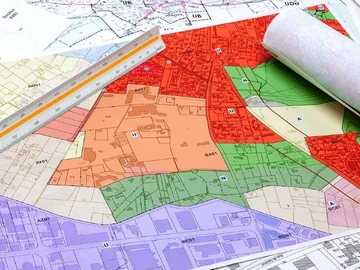Transferring property ownership in Zimbabwe is a legal process that ensures the buyer becomes the registered owner of a property. It involves compliance with the Deeds Office, local councils, and legal professionals. Understanding the steps, costs, and required documents is critical for a smooth transfer.
2025 Snapshot:
- Average property transfer cost: 3–5% of property value (including transfer fees, legal fees, and taxes)
- Timeframe for transfer completion: 4–12 weeks depending on documentation and council approvals
- Most urban transfers occur in Harare, Bulawayo, and Mutare
Key Documents Needed for Property Transfer
To legally transfer property in Zimbabwe, the following documents are essential:
- Title Deed: Proof of ownership for the seller
- Rates Clearance Certificate: Issued by the local council confirming all municipal rates are paid
- ZIMRA Clearance: Confirms payment of stamp duty and other applicable taxes
- Sale Agreement: Legally binding contract between buyer and seller
- Identification Documents: National ID or passport of both buyer and seller
- Power of Attorney (if applicable): Required if a representative handles the transfer
- Cession Documents (if property has existing mortgage): Bank clearance and consent
Step-by-Step Process to Transfer Property Ownership
Step 1: Draft a Sale Agreement
- Include purchase price, payment terms, property details, and transfer obligations.
Step 2: Pay Deposit / Purchase Price
- Buyer pays deposit (typically 10–30%) while preparing transfer documents.
Step 3: Obtain Clearance Certificates
- Rates clearance from council
- Tax clearance from ZIMRA
Step 4: Engage a Conveyancer (Lawyer)
- Prepare transfer documents
- Lodge with the Deeds Office
- Handle any mortgage or cession matters
Step 5: Pay Transfer Fees and Taxes
- Transfer fees are based on property value
- Stamp duty is calculated at 4–5% for residential property
Step 6: Deeds Office Registration
- Deeds Office verifies documents, approves, and updates ownership
- Buyer receives new title deed in their name
Step 7: Handover of Property
- Upon registration, buyer legally takes possession of the property
Costs Involved in Property Transfer
|
Cost Component |
Typical Range (USD) |
Notes |
|
Transfer Fees |
1–3% of property value |
Paid to Deeds Office |
|
Stamp Duty |
4–5% of property value |
Paid to ZIMRA |
|
Legal / Conveyancing Fees |
$500–$2,000 |
Varies by lawyer and property complexity |
|
Rates Clearance |
$50–$200 |
Issued by local council |
|
Other Miscellaneous Fees |
$100–$500 |
Photocopies, courier, bank fees |
Example:
- A house valued at US $150,000
- Transfer fees (2%): US $3,000
- Stamp duty (4%): US $6,000
- Legal fees: US $1,200
- Total approximate cost: US $10,200
Tips for a Smooth Property Transfer
1. Use a Licensed Conveyancer
- Ensures compliance with legal requirements and reduces risk of delays
2. Check Title Deed and Property Encumbrances
- Verify mortgage, cession, or dispute status before transfer
3. Ensure Rates and Taxes Are Paid
- Unpaid municipal rates or taxes can delay registration
4. Keep All Documentation Organized
- Sale agreement, ID copies, council and ZIMRA clearances
5. Budget for Transfer Costs
- Costs typically 3–5% of property value; plan to avoid surprises
Practical Example
Scenario:
Buyer purchases a 3-bedroom house in Borrowdale for US $200,000.
Transfer costs:
- Transfer fees (2%): US $4,000
- Stamp duty (4%): US $8,000
- Legal fees: US $1,500
- Clearance certificates obtained from council and ZIMRA
- Conveyancer lodges documents with Deeds Office.
- Property ownership transferred successfully within 8 weeks.
Outcome: Buyer receives a new title deed and legally becomes the property owner.
Summary
- Transferring property ownership in Zimbabwe requires sale agreement, clearance certificates, legal conveyancing, payment of fees, and Deeds Office registration.
- 2025 Insight: Average transfer completion time is 4–12 weeks, with total costs around 3–5% of property value.
- Proper planning, legal support, and compliance with council and ZIMRA requirements ensure a smooth transfer process.
Key Takeaway: Understanding the legal steps, budgeting for fees, and engaging licensed professionals are critical to successfully transferring property ownership in Zimbabwe.
 Continue with Facebook
Continue with Facebook
 Continue with Email
Continue with Email














